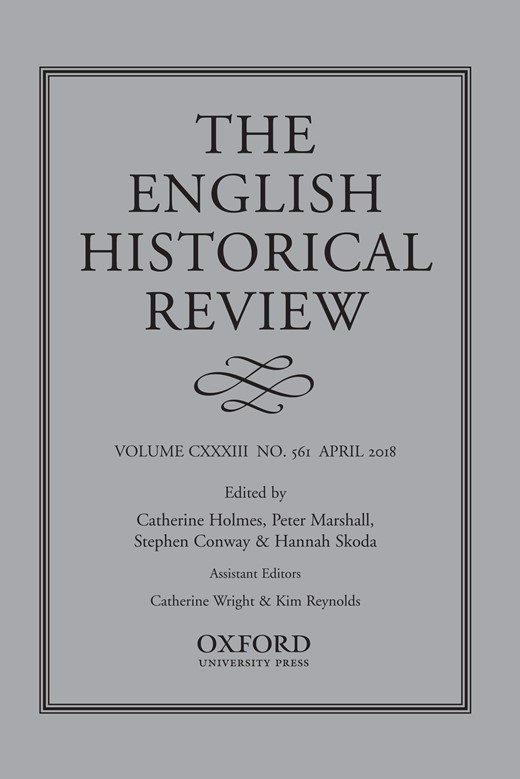-
Views
-
Cite
Cite
P G M Dickson, Count Karl von Zinzendorf on Joseph II’s New Taxation, The English Historical Review, Volume 133, Issue 561, April 2018, Pages 323–350, https://doi.org/10.1093/ehr/cey069
Close - Share Icon Share
Abstract
The importance of financial issues in the central lands of the Austrian Monarchy in creating the critical situation which obtained by Joseph II’s death is well known. Central to these issues was the emperor’s attempt to recast the existing Contribution, the mainstay of Austrian direct taxation, into a single tax based solely on the produce of land and ending the need for other taxes. The present article amplifies and modifies the existing treatment of this still controversial subject, drawing principally on its manuscript History compiled by Count Karl von Zinzendorf, the emperor’s finance man and lead executive in the ‘revolutionary’ project. The article documents Zinzendorf’s admiring, but increasingly exasperated, view of the emperor, and the struggle between the two until Zinzendorf threw in the towel. It shows Zinzendorf’s view that from that point the tax plan came under radical leadership, and that in its final form in the Patent of 10 February 1789 it betrayed a wish by the emperor, urged by such advisers, to impoverish and weaken the nobility. It will be argued that it was Zinzendorf’s criticisms of Joseph’s plan, consistently put forward and consistently rejected, which formed the basis of the petition against it to Leopold II by the Estates of Lower Austria on 28 February 1790, and of the Patent of 6 April 1790 for Lower Austria by which Leopold accepted the grievances stated, and the remedy of total withdrawal proposed for them.



